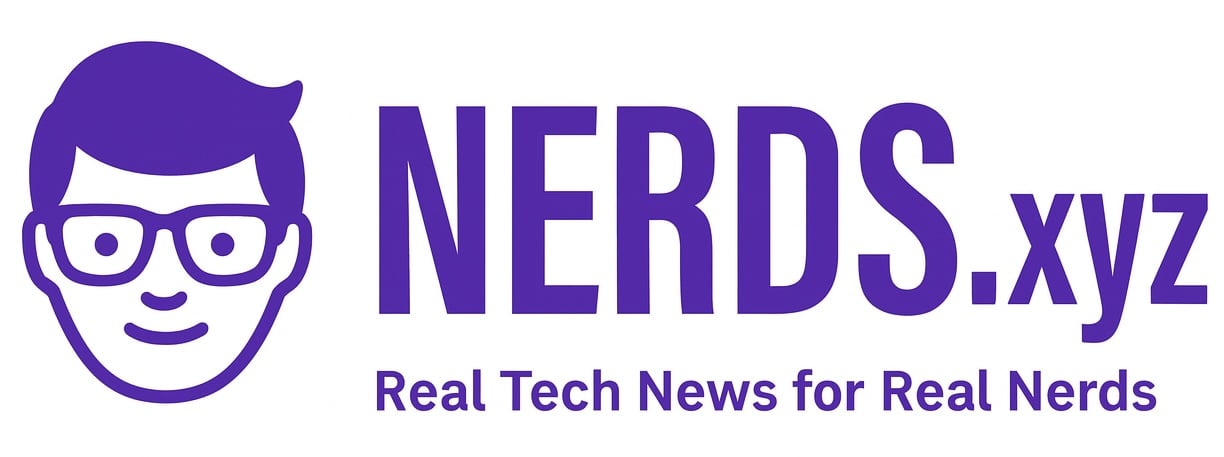
The developers behind Wine have officially released version 10.12 of the popular compatibility layer that allows Windows applications to run on Linux, macOS, and other Unix-like systems. This latest development release brings several technical improvements, feature enhancements, and important bug fixes across the board.
One of the most notable additions in Wine 10.12 is optional support for the EGL backend in the X11 driver. This enhancement helps improve graphics performance and compatibility, particularly when working with OpenGL in modern environments. There’s also growing hardware support with the introduction of Bluetooth Low Energy (LE) services, which is great news for users who rely on LE peripherals like fitness trackers and wireless sensors.
The WIDL (Wine Interface Definition Language) tool is also seeing progress, with expanded support for generating Windows Runtime metadata. On the infrastructure side, Wine’s GitLab continuous integration now supports ARM64 builds, reflecting the platform’s increased focus on multi-architecture compatibility.
This release also includes fixes for 17 different bugs reported by users. These range from crash resolutions in games such as Soldier of Fortune II and Clip Studio Paint, to improvements in how Wine handles symbolic links, COM object registration, and overlapping reads that previously caused memory leaks. There’s also a fix for a long-standing issue involving incorrect behavior in winepath -w when converting filenames.
The full changelog showcases a staggering number of contributions from developers, with updates to Wine’s Vulkan and Wayland subsystems, improvements in Direct3D and WineGStreamer handling, and various audio and COM interface changes. The release also continues refining support for SSML (Speech Synthesis Markup Language), Bluetooth GATT services, device interface properties, and font rendering.
Developers targeting Linux on ARM64 will appreciate the GitLab CI addition, and gamers on Wayland should notice better stability with layered windows and reduced flickering.
Wine 10.12’s source code is available for download here, with binary packages expected to appear soon on major Linux distributions. Documentation can be found on the official WineHQ website, and more details about the contributors are available in the AUTHORS file.


